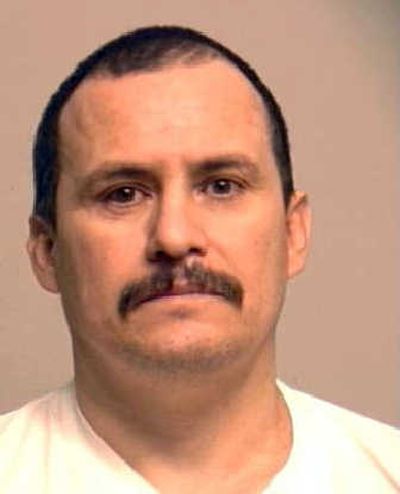High court to hear Spokane case

A criminal case from Spokane will be argued today before the U.S. Supreme Court.
The justices will decide whether Gino Gonzaga Rodriquez, convicted four years ago of being a felon in possession of a firearm, should have been sentenced to a minimum of 15 years in prison as an “armed career criminal.”
It’s rare that cases from Washington make it to the Supreme Court, where justices agree to hear only a small fraction of appeal requests.
The Spokane case was accepted in part, legal observers say, because the 9th U.S. Circuit Court of Appeals ruling upholding the Rodriquez sentence is in conflict with similar rulings about “armed career criminal” criteria by other appeals courts.
Rodriquez had multiple felony convictions, including two in California for burglary and three in Washington for delivery of drugs, before being arrested in April 2003 by a Spokane County sheriff’s deputy.
Rodriquez was caught with heroin and $900. A later police search of the Spokane apartment were he was staying turned up a semiautomatic pistol – something he couldn’t possess because of his criminal record.
The case was referred to agents of the Bureau of Alcohol, Tobacco, Firearms & Explosives for investigation. They took their findings to a federal grand jury.
The panel indicted Rodriquez on a charge of being a felon in possession of a firearm. He stood trial and was convicted by a U.S. District Court jury in Spokane on Jan. 28, 2004.
At sentencing in August 2004, Assistant U.S. Attorney Joseph Harrington asked Judge Robert Whaley to rule that Rodriquez met the legal definition of being an “armed career criminal” under federal law.
The law mandates a minimum 15-year prison term for criminals convicted of three violent crimes or “serious drug offenses,” defined as those carrying maximum terms of 10 years or more.
His two California burglary convictions counted as two strikes for Rodriquez.
He faced only five years for each of his Washington drug convictions, but one of those sentences was enhanced to 10 years because he was a repeat offender.
Harrington argued that enhanced drug sentence qualified as a third strike, making Rodriquez eligible for the 15-year minimum term.
His attorneys, Assistant Federal Defender Kim Deater and Cece Glenn, who specializes in criminal appeals, argued that five-year statutory drug sentences, enhanced to greater periods of time for repeat offenders, did not meet the legal definition of “serious drug offenses.”
Judge Whaley agreed and overruled the Justice Department request to send Rodriquez to prison for 15 years. Instead, the judge imposed a sentence of 88 months – just slightly more than seven years.
Now 45, Rodriquez is serving his sentence at the U.S. Penitentiary in Allenwood, Pa.
Harrington traveled to Washington, D.C., and assisted in the preparation for oral arguments that will be presented by Kannon K. Shanmugam, an assistant solicitor general. Representing the respondent, Rodriquez, will be Charles A. Rothfeld, a Washington, D.C., attorney.